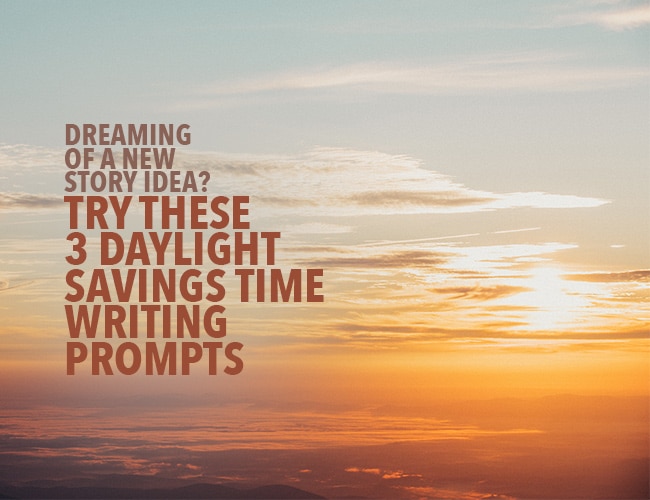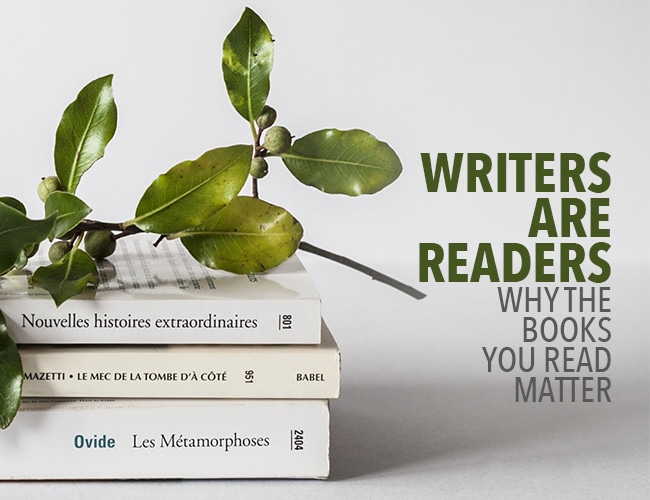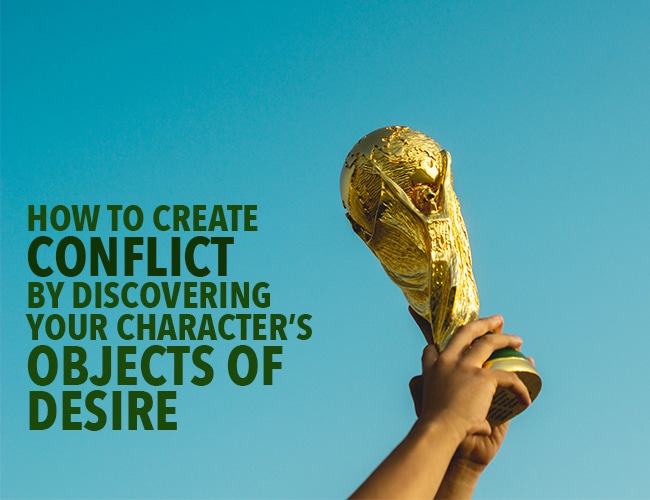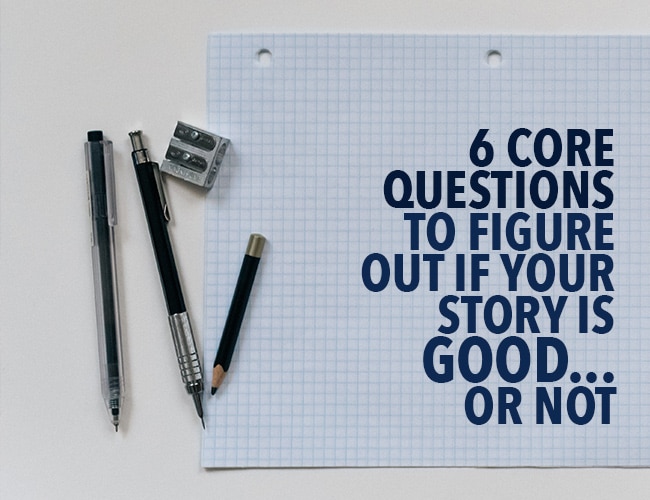
by David Safford |
In many parts of the world, people are forced to do something that is completely absurd: They give up an hour of their lives.
It’s called “Daylight Savings Time,” but it’s more like “Good Night Sleep’s Losing Time.” It’s as if Thanos came to Earth, snapped his fingers, and 1/24th of everyone’s day turned to dust.
Yet as painful as it was to wake up an hour “later” Sunday morning, Daylight Savings Time can be the inspiration to write a story in any genre, from comedic to tragic.

by David Safford |
Writers are imitators. At its heart, our job is to watch the world, listen to it, feel it, and then reproduce it using the tools of language.
That is why we tend to “write what we know.” Human beings are built for input, and what we put into our minds likely comes out in our writing.
That is why it’s important to choose our reading carefully. Choose the right literature and you’ll be infinitely inspired to create wonderful work.

by David Safford |
Point of view is the vehicle that drives a story. Get it right, and your novel hums along smoothly and your reader never notices.
Get it wrong, however, and your book becomes an unbearable clunker rife with confusion.
Shawn Coyne, author of The Story Grid, has read a lot of critically acclaimed and successful books, and noticed something about their point of view. All of these books used a specific style of narration, and you can use it too.

by David Safford |
Do you know what your character’s objects of desire are? What do they want, and what do they need? And how do you leverage those wants and needs to create conflict in your story?
Writing a great story is a very challenging task. But there are secrets, shortcuts, and techniques that will give you an advantage as you start writing so that every word is focused on the proper goal of your story.
Shawn Coyne’s Story Grid is an excellent place to turn. And in this third post in my series on writing great stories using Story Grid principles, you’ll learn why conflict is the lynchpin of powerful storytelling and how to use it to thrill your readers.

by David Safford |
You’re a storytelling genius full of brilliant ideas, right? You don’t need things like “structure” and “rules” to write a good story.
Or do you?
The Six Core Questions of Story Grid identify the fundamental elements of your story. They’ll help you figure out what your story is truly about, and what you need to include in it to turn it into a book readers will love.







